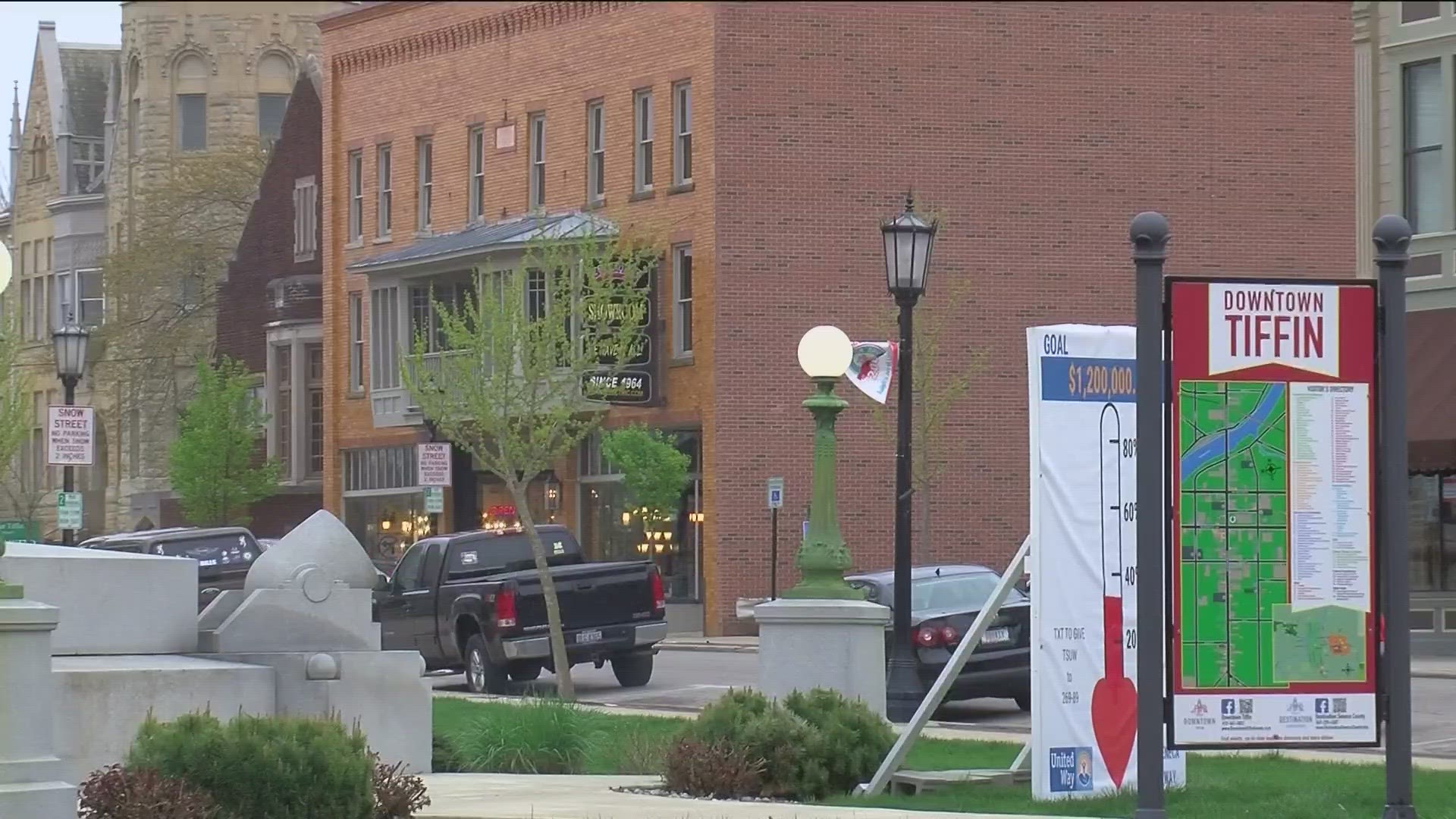TIFFIN, Ohio — The Tiffin-Seneca Economic Partnership in March presented the findings of a housing study, during which TSEP president and former Tiffin Mayor Aaron Montz described the housing situation in the area as a crisis.
"We've actually gone backward with the amount of housing units that are available in the county," Montz told WTOL 11. "In the last decade, we've had over 200 units removed versus what has been built new, so we've had a net loss of 200 housing units in this county."
Montz said at the current rate Tiffin will be short about 500 units of housing over the next decade, while Seneca County will be short about 1,000 homes over the same time frame. Montz hopes the region can build at least 65-80 homes each year for the next decade to meet demand.
"If we're unable to come up with additional housing, it puts us in a very tough position in this county," Montz said.
There are a number of reasons the area is failing to meet the demand for homes, Montz said. The county historically has a lack of sewer lines and broadband internet access, which scares off developers from investing. Last year, Bascom Communication and the North Central Electric Cooperative partnered to expand broadband access in the county.
Montz also said developers see bigger profits in communities like Perrysburg or Bowling Green, where home-building costs are essentially the same.
"They can build the same home for the same cost in other communities, but they make more of a profit margin on those homes because they're sold higher," Montz said.
Montz said one of his group's biggest focuses over the last several months is coming up with ways to improve the infrastructure in the county while keeping taxpayer costs to a minimum.
"That would be the ultimate goal, is to do this through the private sector 100%," Montz said. "Because if we're able to do that like we did with broadband coverage, that means no one's taxes go up, that means no one is subsidizing new houses being built. That's the preferable route."
Montz said he has been in talks with private companies in the last few weeks that are interested in expanding housing in the region.

